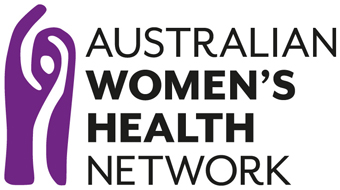She Speaks Report 2014
Publisher: The University of Queensland, August 2014
Status – Current
The survey from YWCA and report from the Institute of Social Science Research (ISSR) at the University of Queensland reveal that negative gender-based stereotypes damage young women’s working lives, their sense of self, their safety in relationships, and their leadership capacity.


Queensland Youth Strategy : connecting young Queenslanders 2013
/in Government Policy /by adminPublisher: Queensland. Department of Communities, Child Safety and Disability Services, 2013
Status – CURRENT
The strategy outlines the Queensland government’s plan for connecting young Queenslanders with families, friends and social networks; to education; to health and wellbeing; to volunteering and participation; to supports and services and to arts and culture.